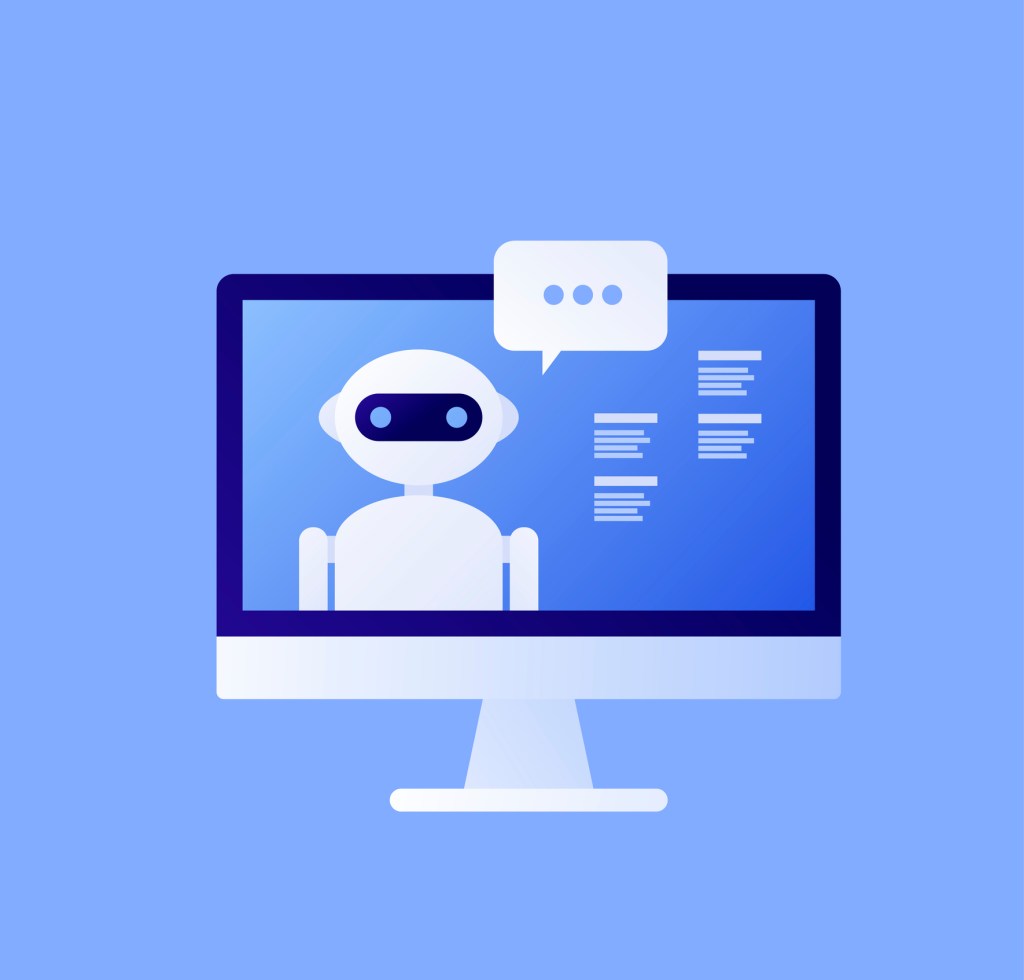AI might not be coming for all jobs, but it might be coming for some.
UPS’s largest layoff in its 116-year history was the result of, in part, new technologies, including AI, CEO Carol Tomé said during an earnings call in February. Meanwhile, IBM plans to pause hiring for roles it thinks could soon be automated by AI, CEO Arvind Krishna told Bloomberg last year.
Workers aren’t optimistic about the future. In a recent survey from McKinsey, 25% of business professionals said that they expect their employer to lay off staff as a result of AI adoption. And, well, their pessimism isn’t misplaced. According to one estimate, around 4,000 workers have lost their jobs to AI since May. And in a poll from Beautiful.ai, which makes AI-powered presentation software, nearly half of managers said that they’re hoping to replace workers with AI.
But a cohort of Big Tech vendors and consultancies — called the AI-Enabled ICT Workforce Consortium (ITC) — aims to push back against the notion that AI will lead to job losses, citing the need for re-skilling and upskilling within the information and communication technology (ICT) industry specifically.
The ITC is being led by Cisco with support from Google, Microsoft, IBM (conspicuously), Intel, SAP and Accenture. The ITC’s mandate is to explore AI’s impact on jobs while enabling people to find AI-related training programs and connecting businesses to “skilled and job-ready” workers, a spokesperson told TechCrunch in a briefing.
“The ITC’s unique approach will research and evaluate the impact of AI on specific job roles, including skills and tasks, and recommend training for an AI-enabled ICT workforce,” the spokesperson said. “Consortium members and advisers share a common perspective that a greater sense of urgency is required to understand the impact of AI on key job roles within the ICT Industry.”
In the first phase of its work, the ITC will evaluate the impact of AI on 56 ICT job roles and provide training recommendations for the roles affected. These 56 roles, which the ITC hasn’t disclosed yet, were selected for their “strategic significance” in the broader ICT ecosystem and AI’s impact on the tasks required to perform the roles, the spokesperson said, as well as roles that offer “promising entry points” for low-level workers.
“These job roles include 80% of the top 45 ICT job titles garnering the highest volume of job postings for the period February 2023–2024 in the U.S. and five of the largest European countries by ICT workforce numbers (France, Germany, Italy, Spain and the Netherlands),” the spokesperson said. “Collectively, these countries account for a significant segment of the ICT sector, with a combined total of 10 million ICT workers.”
The ITC intends to publish its findings in a report this summer. And, beyond that, it hasn’t quite figured out a roadmap.
“The Consortium will determine its ‘phase 2’ scope in mid-2024,” the spokesperson said. “As we progress towards phase 2, the Consortium may consider extending invitations to other organizations and institutions to join our collaborative efforts in supporting the success of an AI-enabled ICT workforce.”
And therein lies the problem with industry consortiums like this.
If the goal is to allay fears of a mass AI threatening of livelihoods, tech incumbents will need to deliver a lot more than vague promises and reports. IBM has pledged to skill 2 million people in AI by 2030; Intel has said it’ll upskill over 30 million with AI in the same timeframe.
“Consortium members have established forward-thinking goals with skills development and training programs to positively impact over 95 million individuals around the world over the next 10 years,” the spokesperson said.
Yet it’s not clear how many AI roles will be available then.
According to a recent analysis by Lightcast, a labor market analytics firm, the demand for AI roles is decreasing, not increasing. In 2022, AI-related positions made up 2% of all job postings in the U.S. In 2023, that figure dipped to 1.6%.
“Consortium members commit to developing worker pathways particularly in job sectors that will increasingly integrate artificial intelligence technology,” the spokesperson said. “It’s a voluntary and transparent effort across companies to assess the impact and identify paths for upskilling and reskilling of technology roles most likely to be impacted by AI … We intend for this work to produce real, tangible recommendations that will address business and worker needs.”
I’ll reserve some judgment until we see those “real, tangible” recommendations. But I’d hope that, whatever form they take, they’re accompanied by courses of action — or any action, really. Big Tech has big promises to keep, particularly where it concerns the future of work and the tech industry’s role in shaping it.






























Comment